Outrageous slaughterhouse cruelty revealed in RTÉ documentary
A documentary by Irish broadcaster RTÉ, shown yesterday evening, has left our charity outraged at the shocking acts of cruelty captured within an Irish slaughterhouse lairage.
Posted on 13/06/2024
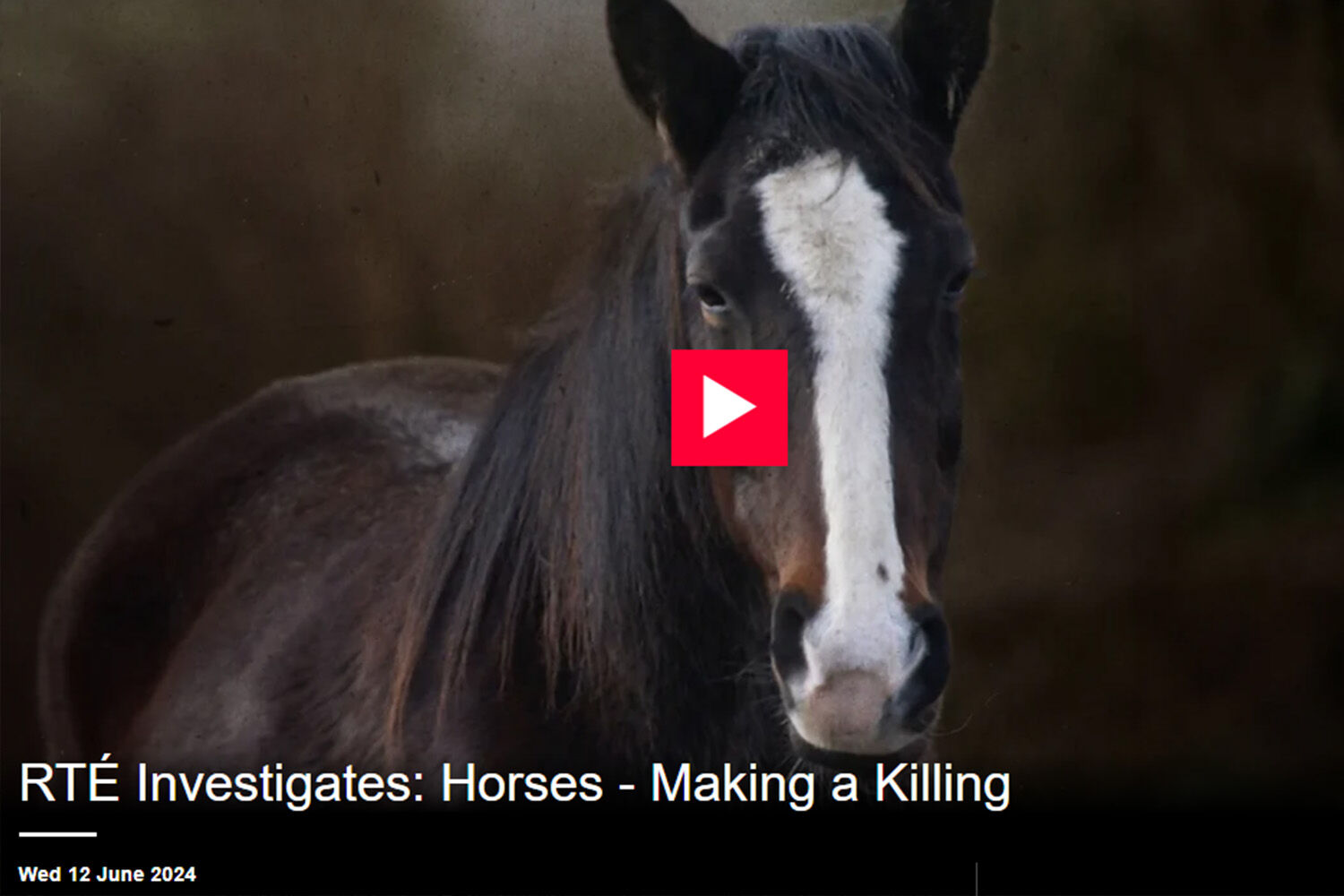
RTÉ Investigates exposé, ‘Horses – Making a Killing’ showed terrified horses being beaten and even left to die as part of a wide ranging documentary designed to highlight what can happen to horses after they leave the spotlight.
As a charity that was originally founded to protect vulnerable horses exported to slaughter, the revelations of systematic horse passport fraud come as no surprise and echo our longstanding warnings to authorities. The systemic failures highlighted in the documentary enable equines that have been signed out of the food chain to be re-identified and sent to European slaughterhouses, which is why we are calling for urgent action to be taken by governments and authorities.
What we witnessed last night was outrageous and proof that, well over a decade on, the horse meat scandal never truly ended. The documentary has once again, lifted the lid on the dark underside of the horse trade and the suffering it causes. These horses were let down in every way possible by an inherently flawed system and we hope that the disgust generated by the programme, alongside the food safety concerns, will be channelled into practical action by EU and UK authorities.
We desperately need a robust digital equine identification system, accessible across the EU, EEA and Britain, and we have needed it for years. There is no excuse for allowing this fraudulent trade to continue and we hope at last that authorities will recognise the damage it causes and put the right measures in place to stop it. We also need the abhorrent and illegal practices that we endured during last night’s programme at the slaughterhouse stamped out immediately. Those involved need to be made to answer for their actions and face significant consequences.”
World Horse Welfare Chief Executive, Roly Owers
Also featured in the programme to illustrate how easily horses can be illegally traded across Europe, are the Dover 26, our rescued group of horses that supposedly started their journey in Ireland but were discovered by UK authorities being smuggled out of Dover Port. Now being rehabilitated at our Hall Farm Rescue and Rehoming centre, we believe that some were destined for slaughter despite many being signed out of the food chain, and most were not fit for their intended journey.
Welfare during transport to slaughter is one of our lobbying aims but without a robust centralised equine traceability system, the EU’s proposals to limit journey times to 9 hours will not be enough.
The recent review of the existing legislation to limit journey lengths to slaughter in the EU is a welcome step in the right direction, but this change alone will not make a difference if individual horses cannot be identified with ease and confidence. We welcome the move towards a digitised system in Ireland, but until this is adopted for all horses across Europe, it will not protect any horse from being smuggled and being subjected to the abuse shown in last night’s programme.”
World Horse Welfare Senior Public Affairs Officer, Kim Ayling
Horses are often forgotten when it comes to EU legislation and World Horse Welfare has been working to ensure they are included in policies set by decision makers, most recently being invited to work with the European Commission on slaughter regulations so equines are protected.
The documentary RTÉ Investigate exposé ‘Horses – Making a Killing is available to watch on RTÉ Player but comes with a strong VIEWER ADVISORY WARNING due to some of the content it contains.
Topics
Related News
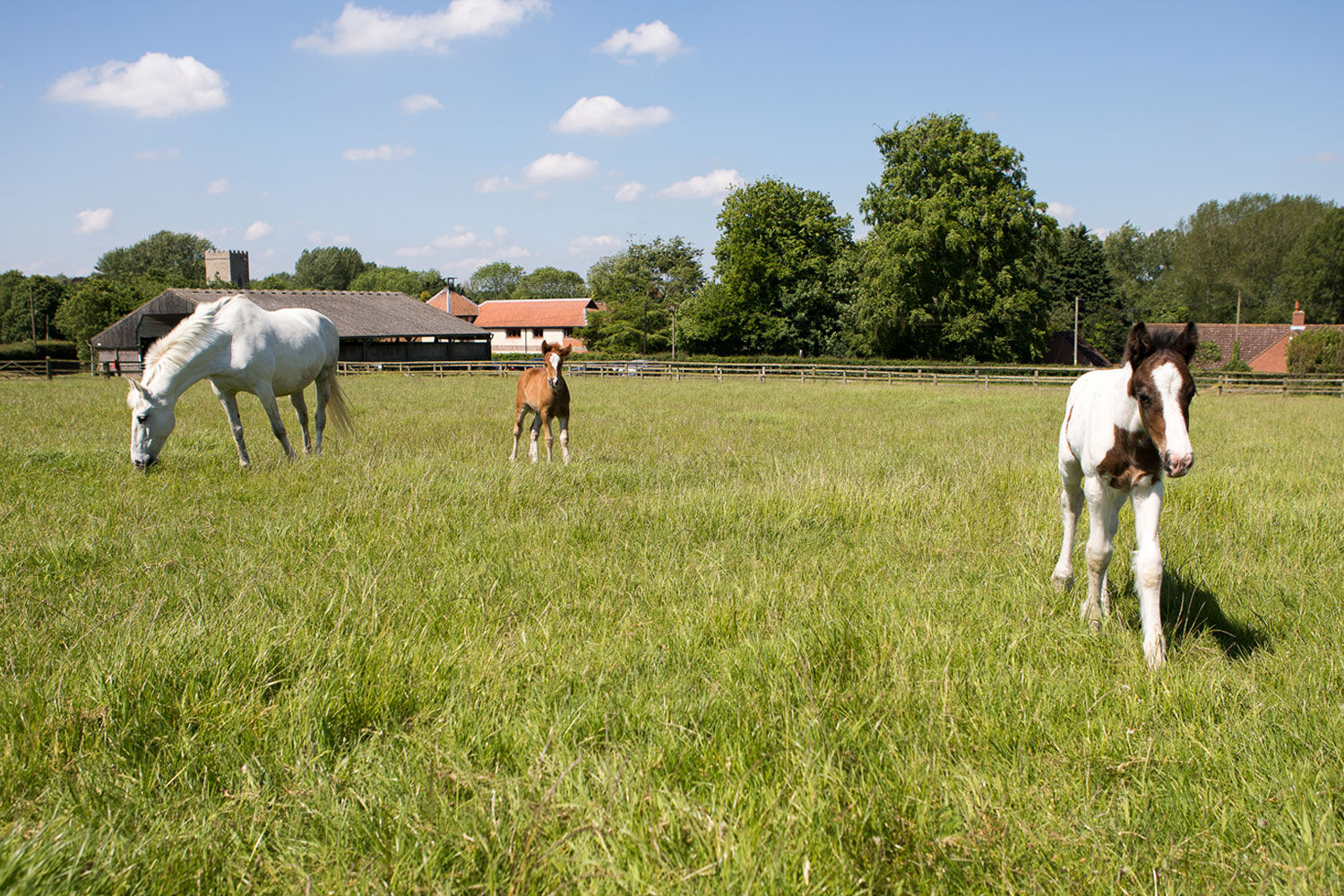
Continuing Covid restrictions delay Visitor Centre reopening
In light of the announcement of Covid-19 restrictions continuing into July, we have taken the difficult decision to postpone reopening our Rescue and Rehoming Centres to visitors.
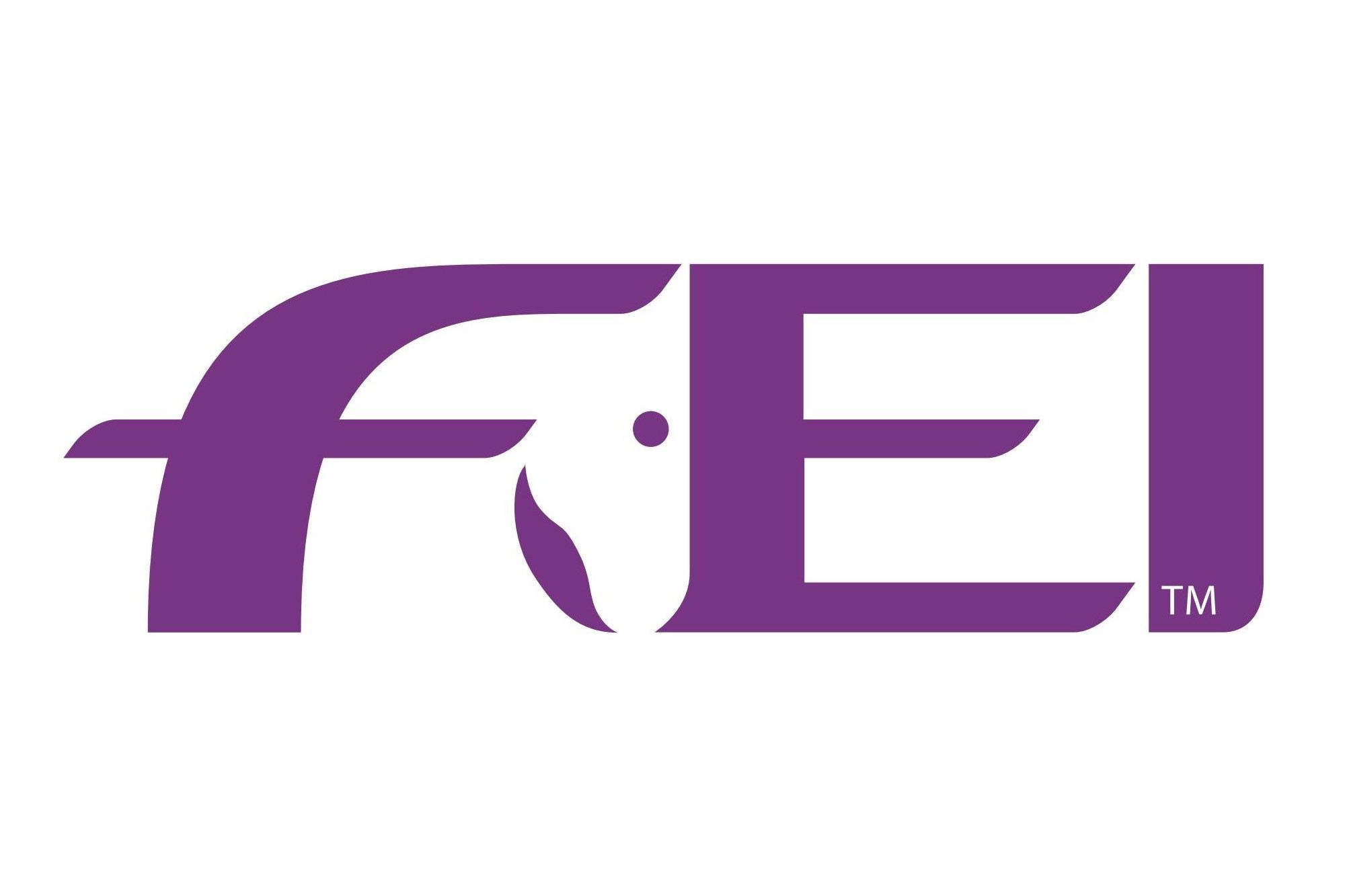
World Horse Welfare welcomes FEI decision on NSAIDs
Leading equine charity welcomes FEI decision on non-steroidal anti-inflammatory drugs.
Recommended Blog Posts
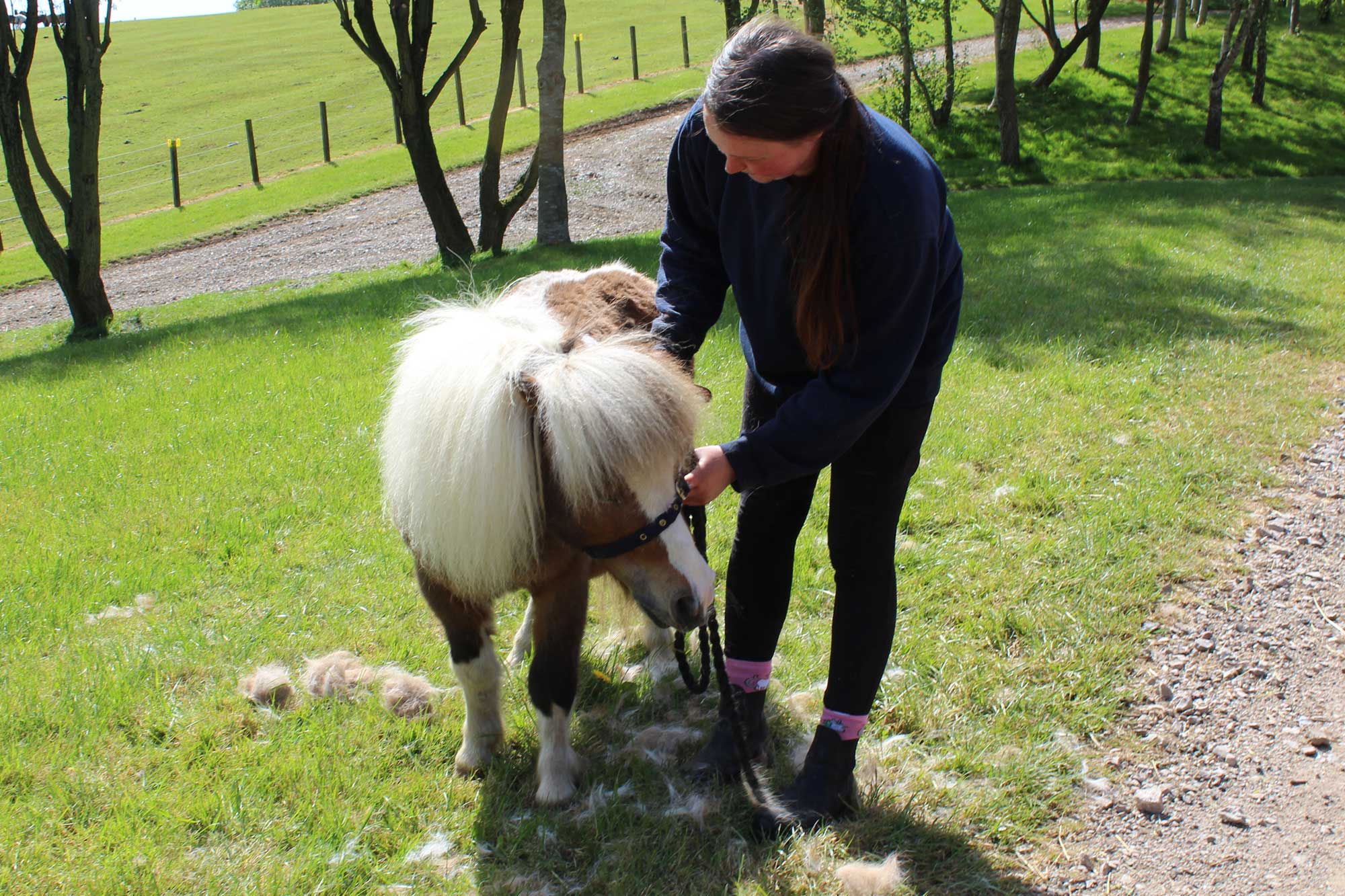
Ever wondered what a day in the life of a World Horse Welfare groom is like? Read on to find out!
Groom Lauren has been a member of the Penny Farm Rescue and Rehoming Centre since 2015 – find out how her day pans out during lockdown.
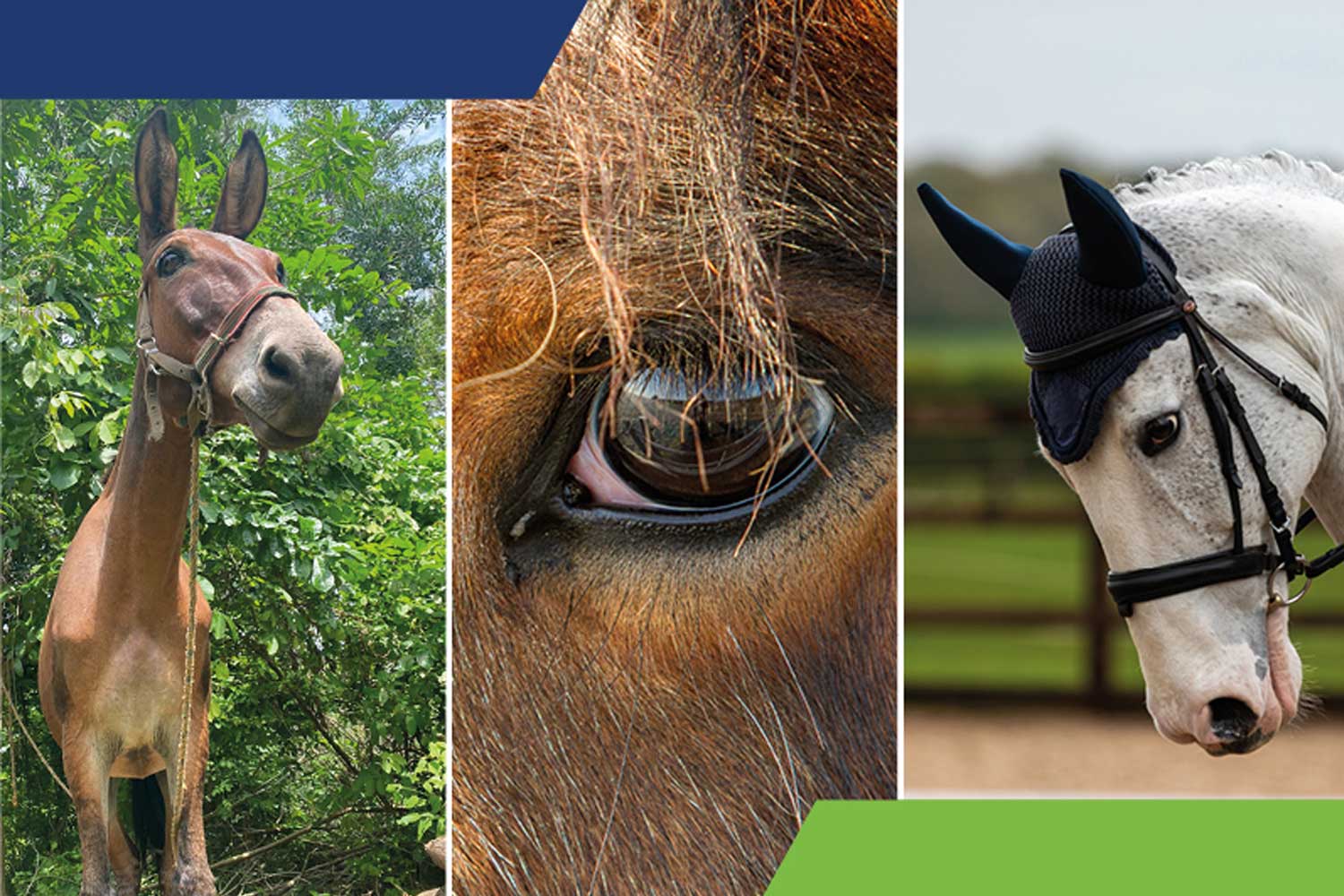
Empathy, education, and evidence: the take-home messages from our 25th annual conference
Find out how an international line up of speakers explored “When does use become abuse?”.
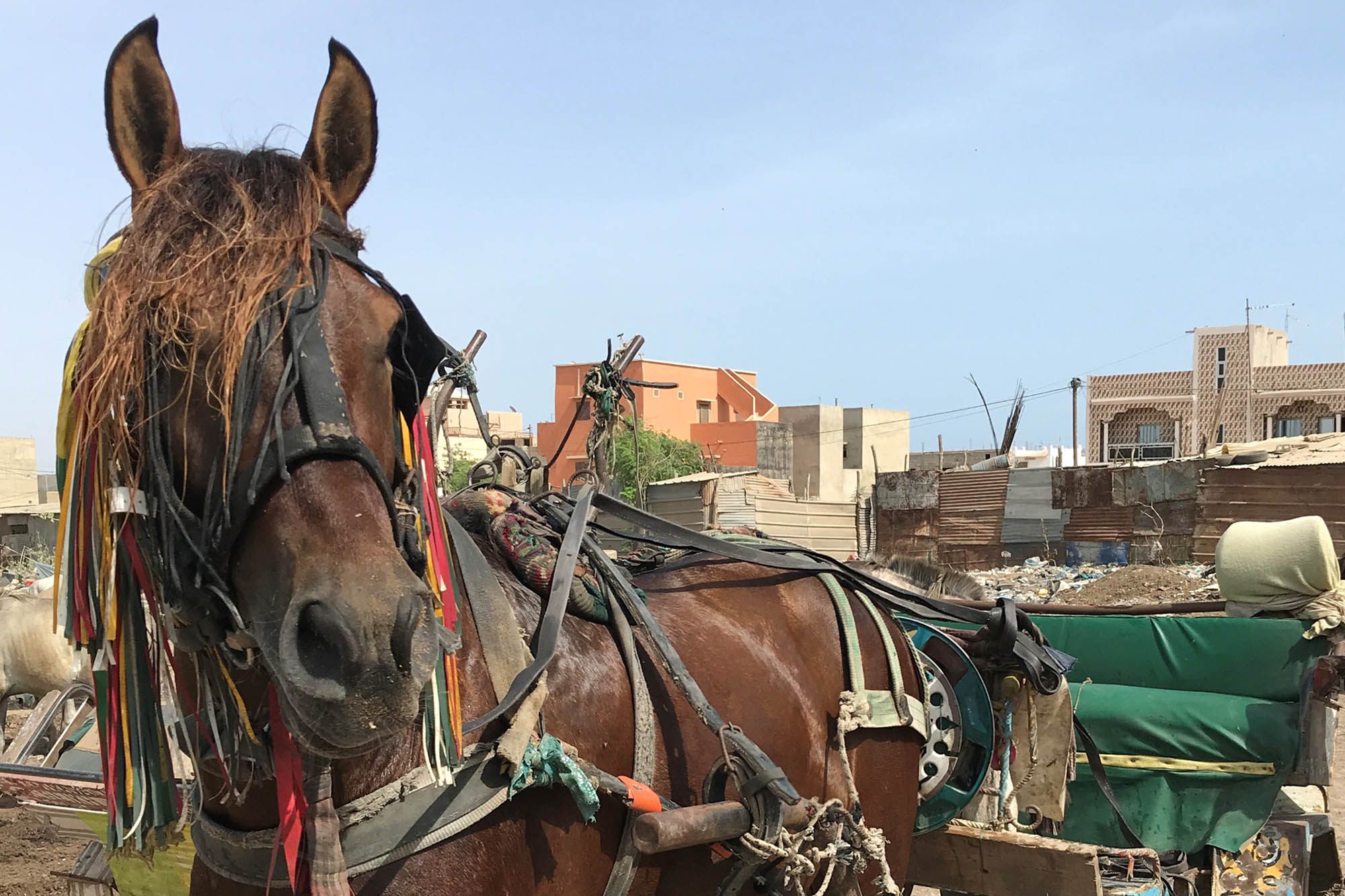
Analysing the success of community projects in Senegal
Bursary student Faye Al-Nakeeb takes a look at the impact of our project in Senegal on the welfare of local working equines.
Enjoy reading stories like this?
Join over 55,000 other horse lovers and sign up for our email newsletter

Join over 55,000 other horse lovers and sign up for our email newsletter
Sign me up now